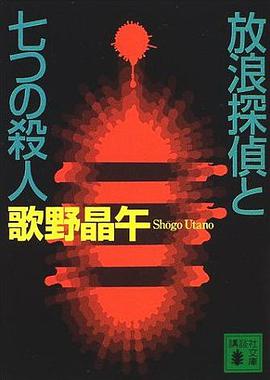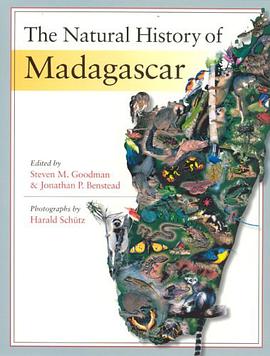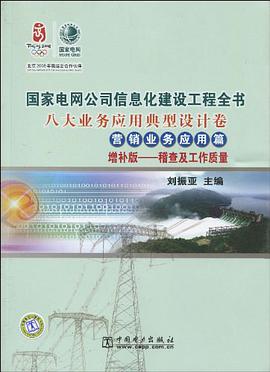

具体描述
Orson Welles' greatest breakthrough into the popular consciousness occurred in 1938, three years before Citizen Kane, when his "War of the Worlds" radio broadcast succeeded so spectacularly that terrified listeners believed they were hearing a genuine report of an alien invasion - a landmark in the history of radio's powerful relationship with its audience. In "Radio's America", Bruce Lenthall documents the enormous impact radio had on the lives of Depression-era Americans and charts the formative years of our modern mass culture. Many Americans became alienated from their government and economy in the twentieth century, and Lenthall explains that radio's appeal came from its ability to personalize an increasingly impersonal public arena. His depictions of such figures as proto-Fascist Charles Coughlin and medical quack John Brinkley offer penetrating insight into radio's use as a persuasive tool, and Lenthall's book is unique in its exploration of how ordinary Americans made radio a part of their lives. Television inherited radio's cultural role, and as the voting tallies for "American Idol" attest, broadcasting continues to occupy a powerfully intimate place in American life. "Radio's America" reveals how the connections between power and mass media began.
作者简介
目录信息
读后感
评分
评分
评分
评分
用户评价
相关图书
本站所有内容均为互联网搜索引擎提供的公开搜索信息,本站不存储任何数据与内容,任何内容与数据均与本站无关,如有需要请联系相关搜索引擎包括但不限于百度,google,bing,sogou 等
© 2026 book.quotespace.org All Rights Reserved. 小美书屋 版权所有




















